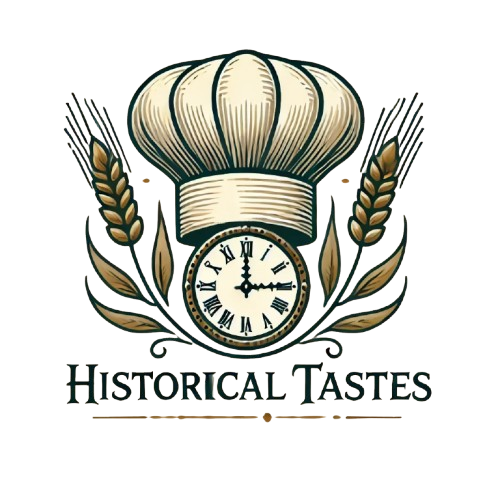A Culinary Legacy: Connecting Through Stories and Flavors
The origins of my passion for food and cooking can be traced back to the captivating explorations of my grandfather, whose adventures in the culinary world were as rich as the spices he cherished. Each tale he shared was not merely a recounting of experiences but rather a celebration of diverse cultures and their unique gastronomic traditions. From the vibrant markets of Marrakech to the aromatic kitchens of Tuscany, his stories painted a vivid picture of the world as seen through the lens of food.
As a young child, I found myself entranced by the way my grandfather wove narratives around different ingredients, revealing not only their flavors but also their historical significance. He would often emphasize how spices were not just components of dishes; they were vessels of culture, carrying the legacies of generations. This perspective left a lasting impression on me, shaping my understanding of food as a cultural artifact that encapsulates stories of heritage, migration, and connection.
This personal connection to culinary history laid the groundwork for the creation of Historical Tastes, an initiative that aims to celebrate and preserve food traditions through storytelling. Each dish featured in this endeavor is more than a recipe; it represents a lineage of flavors that links us to our ancestors. Cooking these historical dishes allows us to forge connections among family members and with the past, igniting a collective love for those timeless flavors. The kitchen becomes a sacred space where generations converge, sharing skills and stories, ultimately reinforcing our ties to our roots.
By engaging in these culinary explorations, we ensure that the wisdom and flavor experiences handed down through generations remain alive. Each bite, filled with history and meaning, contributes to the larger narrative of who we are as individuals and as a community. Through food, we celebrate our diversity while appreciating the profound connections we share with one another.
Reviving Ancient Flavors: Where History Meets Innovation
In the realm of culinary arts, the integration of historical recipes with contemporary techniques not only pays homage to our gastronomic heritage but also enriches today’s dining experiences. The philosophy of reviving ancient flavors lies at the heart of my culinary journey, where I strive to bring forth the wisdom of the past into modern kitchens. This endeavor begins with meticulous research into historical dishes, exploring the origins, ingredients, and cooking methods that have shaped societies over centuries.
As I delve into ancient culinary texts and local traditions, I gain insights into flavors that may have faded from contemporary palettes. This exploration often uncovers forgotten ingredients that once graced the tables of our ancestors, reintroducing them in a way that resonates with today’s culinary enthusiasts. By understanding the cultural context behind these dishes, I can elegantly adapt them for a modern audience, ensuring that they remain both accessible and enjoyable.
The process of adaptation is central to my approach. It involves not just preserving the essential character of ancient recipes but also enhancing them through innovative techniques. For example, traditional slow-cooking methods can be harmonized with modern sous-vide techniques, allowing for intensified flavors and ideals of efficiency without sacrificing authenticity. Each dish becomes a nexus of time, merging the wisdom of our culinary past with contemporary methods, creating a vibrant and tantalizing dining experience.
The excitement of this culinary journey lies in the unpredictable nature of flavor exploration. Incorporating traditional elements into modern kitchens invites endless experimentation, transforming each recipe into a celebration of history and culture. As we navigate this delicious landscape, the revival of ancient flavors serves not only to delight the palate but also to connect us with our shared culinary heritage and the stories that define it.
